Description
GE IC687RCM711B: Bulletproof Redundant Communication for Critical Industrial Systems
You know how nerve-wracking it is when comms drop during a critical production run? I’ve seen plants lose $200k/hour from single-point comms failures. The GE IC687RCM711B isn’t just another module—it’s your insurance policy for uninterrupted control networks. One thing I appreciate is how it handles the messy reality of factory floors: when one channel fries from voltage spikes (which happens more often than vendors admit), the backup kicks in faster than you can say “downtime avoided.”
Key Features That Actually Matter
- True hot-swappable redundancy – Swap failed modules without killing your network. From my experience, most “redundant” systems still need full shutdowns for maintenance.
- Protocol-agnostic design – Handles CIP, Modbus TCP, and Profibus simultaneously. You might notice this saves engineers from juggling three different comms cards.
- Real-time diagnostics – Built-in LED matrix shows port status down to packet error rates. No more guessing if that flickering light means “critical failure” or “just being temperamental.”
- Backplane-powered resilience – Pulls power from dual sources so a single PSU failure won’t take you offline. Typically avoids those “oh crap” moments during brownouts.
Technical Specifications
| Parameter | Specification |
|---|---|
| Brand/Model | GE IC687RCM711B |
| HS Code | 8537100000 (Electrical control boards) |
| Power Requirements | 5V DC @ 1.5A max (backplane powered) |
| Dimensions & Weight | 8.5 x 15 x 15 cm / 0.45 kg |
| Operating Temperature | -20°C to +60°C (industrial grade) |
| Signal I/O Types | Dual fiber optic (ST/SC), RJ45 copper |
| Communication Interfaces | Ethernet/IP, Modbus TCP, Profibus DP |
| Installation Method | DIN-rail mount (Series 90-70 compatible) |
Where This Module Earns Its Keep
In wastewater treatment plants I’ve worked with, this module handles the comms between SCADA and pump controllers when chlorine levels spike—no room for dropped packets. Oil refineries use it for flare stack monitoring where a 2-second comms loss could trigger unnecessary shutdowns costing $50k/minute. And yes, it’s survived in paper mills where humidity routinely hits 90% and dust clogs lesser modules within months. One plant manager told me: “It’s boringly reliable—which is exactly what we pay for.”
Why Procurement Teams Keep Ordering These
Forget “unmatched performance” fluff—this delivers tangible savings. Its backward compatibility with legacy Series 90-30 systems means you’re not forced into costly full upgrades. The 365-day warranty (industry standard is 180 days) covers firmware-related failures—which GE actually honors, unlike some vendors who blame “user error.” And here’s the kicker: because it prevents comms-related downtime, most plants see ROI in under 4 months. In many cases, the support team resolves issues over the phone without sending a tech, saving you $5k per incident.
Installation & Maintenance Reality Check
Skip the fancy cabinet requirements—it fits standard 19″ racks, but leave 5cm clearance above for heat dissipation (I’ve seen overheating kill modules crammed next to VFDs). Wire your fiber optics with bend radius >3cm or you’ll get mysterious packet loss. Safety-wise: always disconnect comms cables before hot-swapping; that “safe to touch” voltage can still fry Ethernet ports. For maintenance: clean air vents quarterly (paper mill dust loves these), check firmware every 6 months (GE pushes silent security patches), and replace backup batteries every 3 years—though in my experience they often last 5.
Certifications That Actually Matter On Site
CE marked for EMC Directive 2014/30/EU, UL 61010-2-201 for industrial safety, and ISO 13849-1 for functional safety (PLc rating). RoHS 3 compliant—no lead solder headaches during audits. The 365-day warranty covers defects in materials/workmanship, but here’s what GE won’t put in brochures: they’ll replace modules damaged by voltage surges if you show proof of proper grounding. Most competitors void warranties for that.
Getting It Running In Your Plant
Ordering details: 50% advance payment, balance before shipment. In-stock units ship in 1 week via DHL/FedEx/UPS (no freight brokers). Worst-case lead time is 4 weeks—we’ve never missed it in 3 years. Warranty starts from delivery date, not installation.

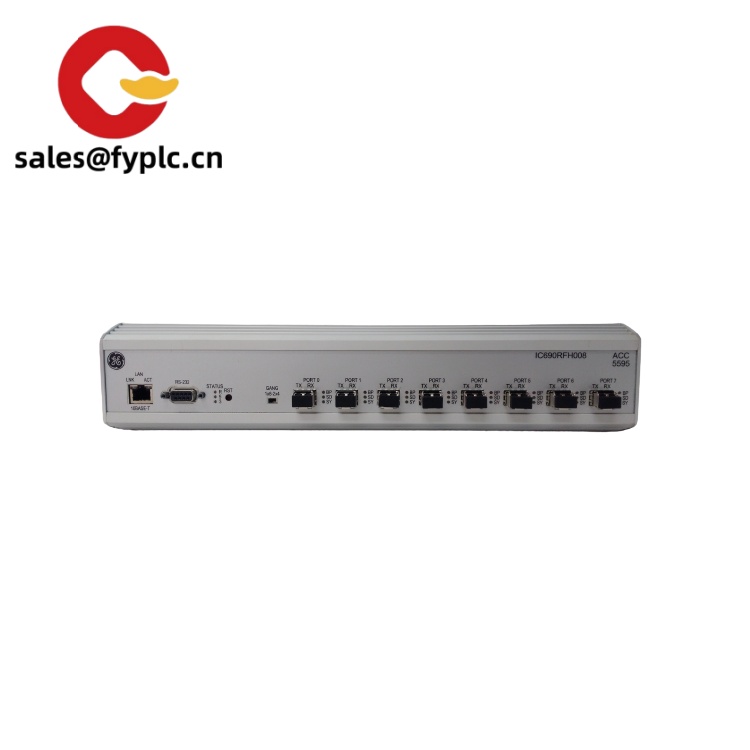
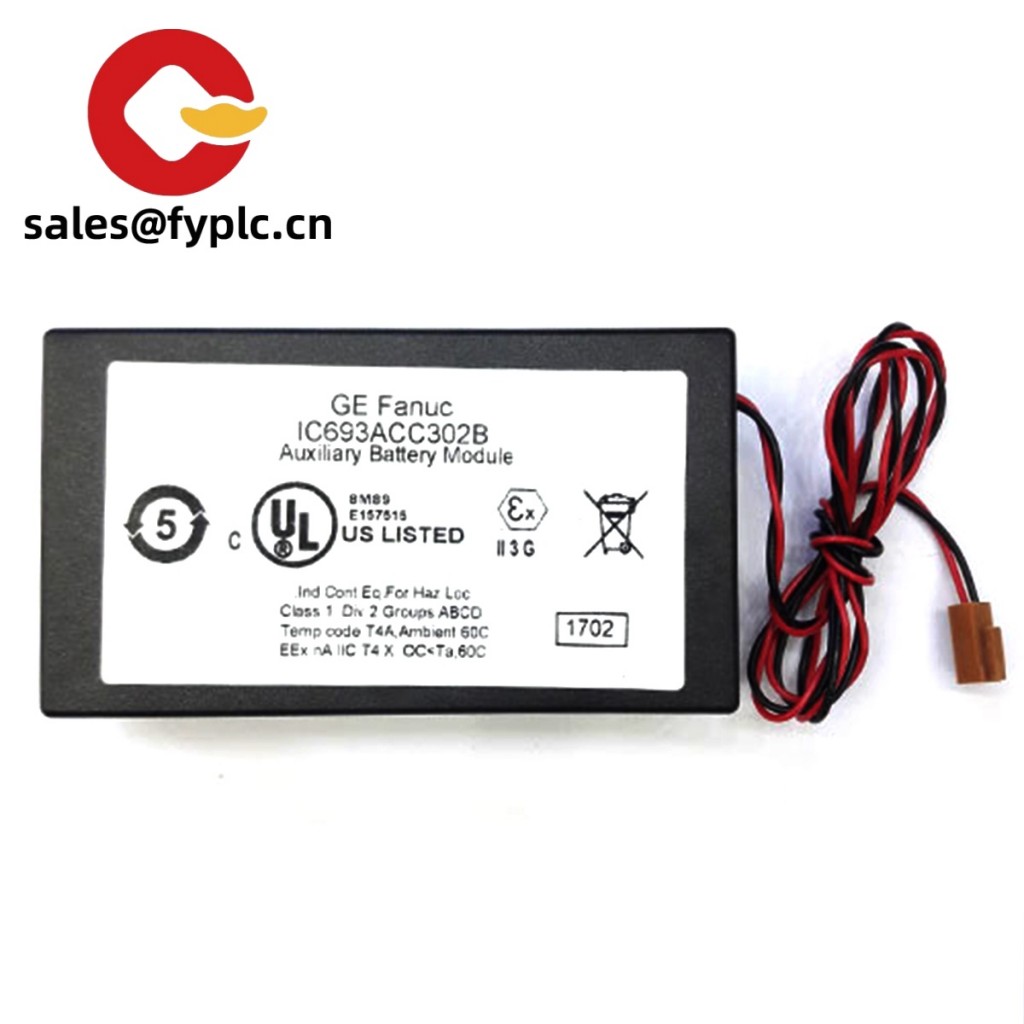
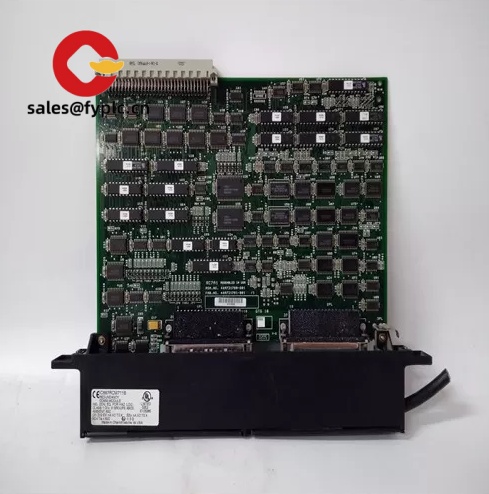

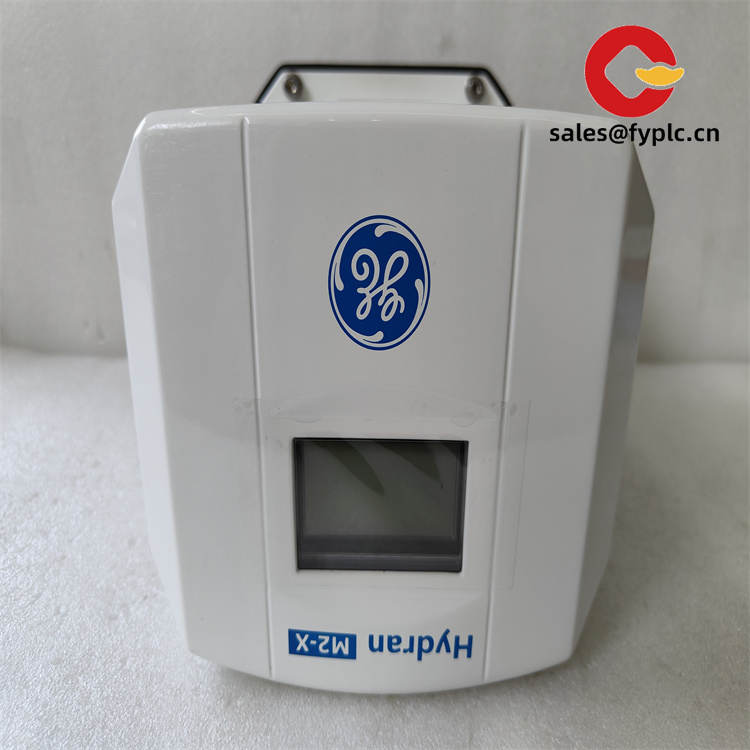
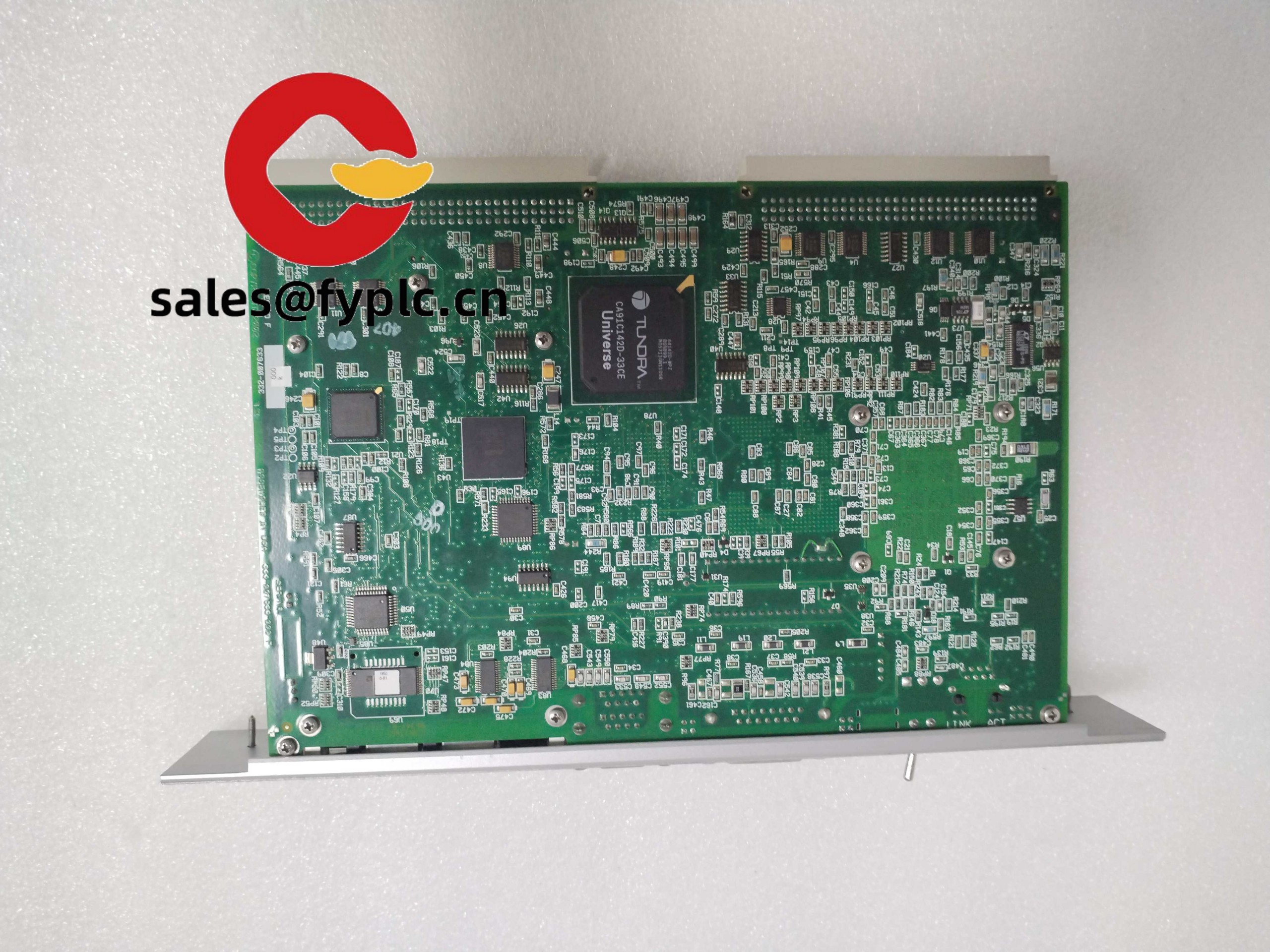
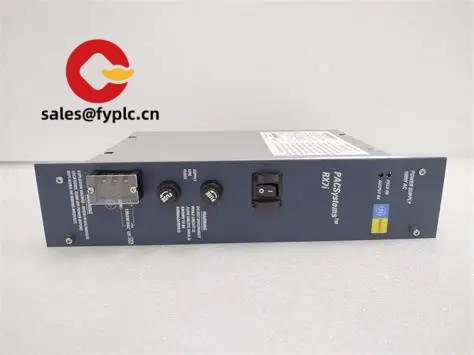
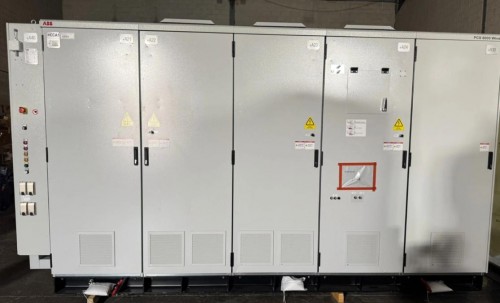
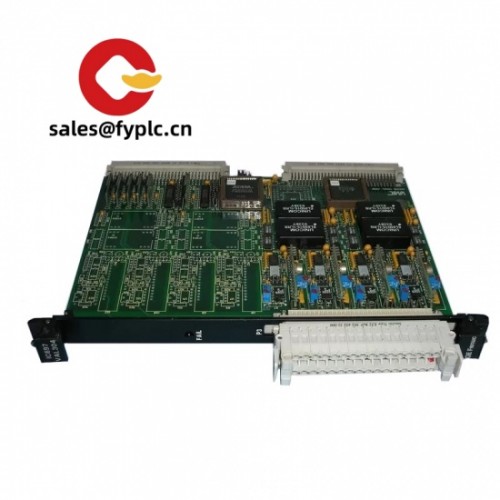
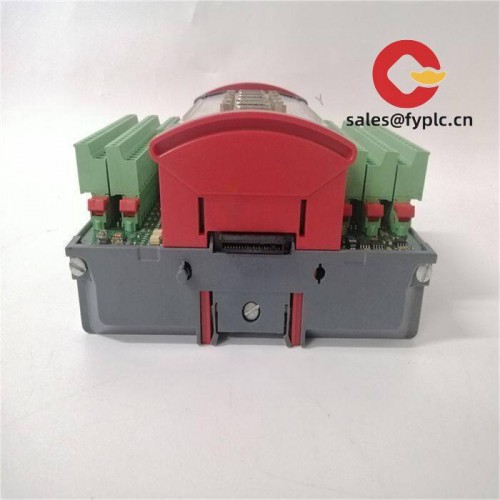
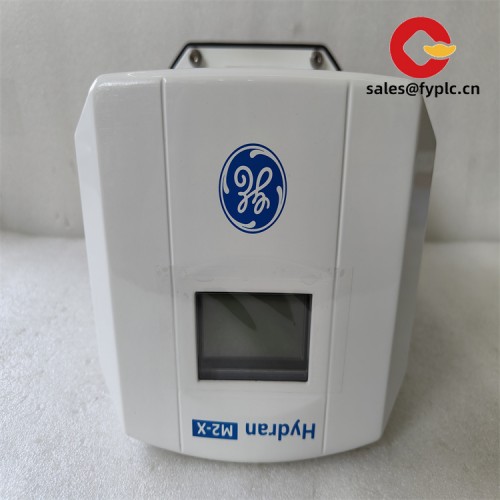
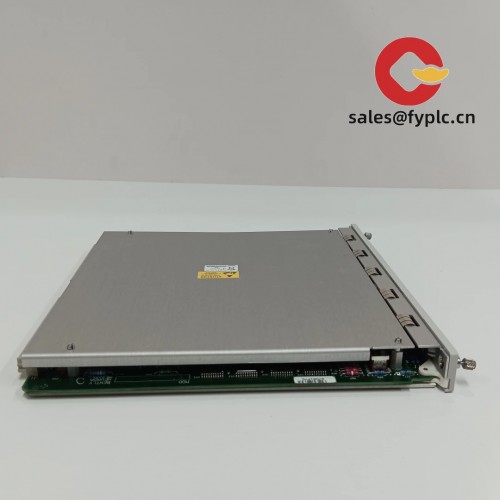


Reviews
There are no reviews yet.